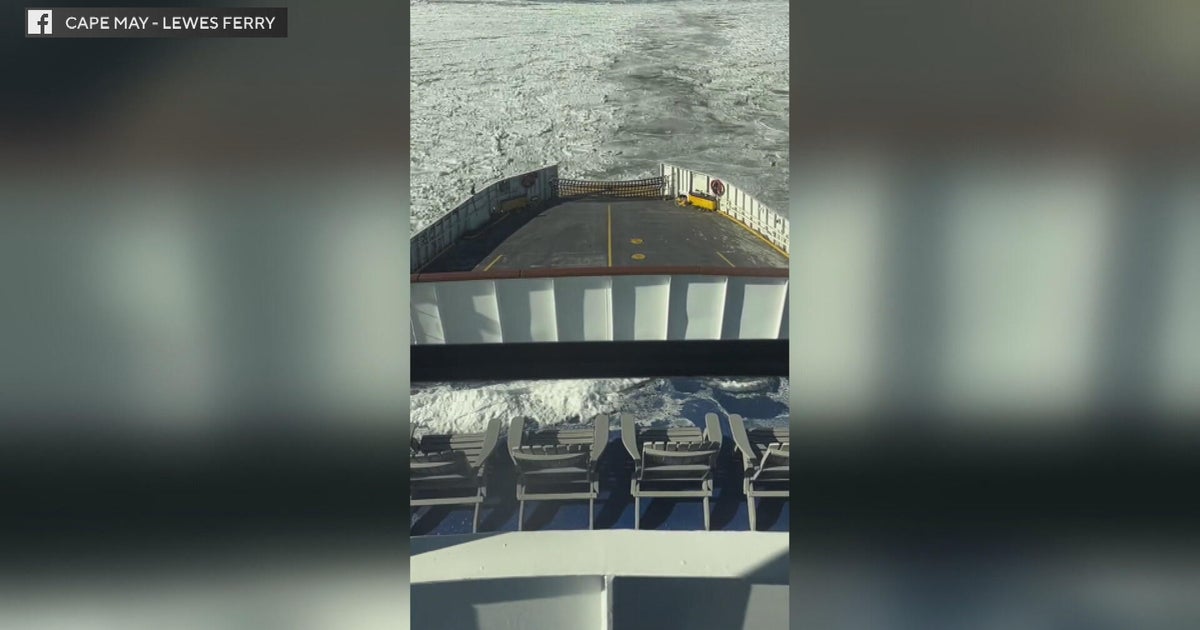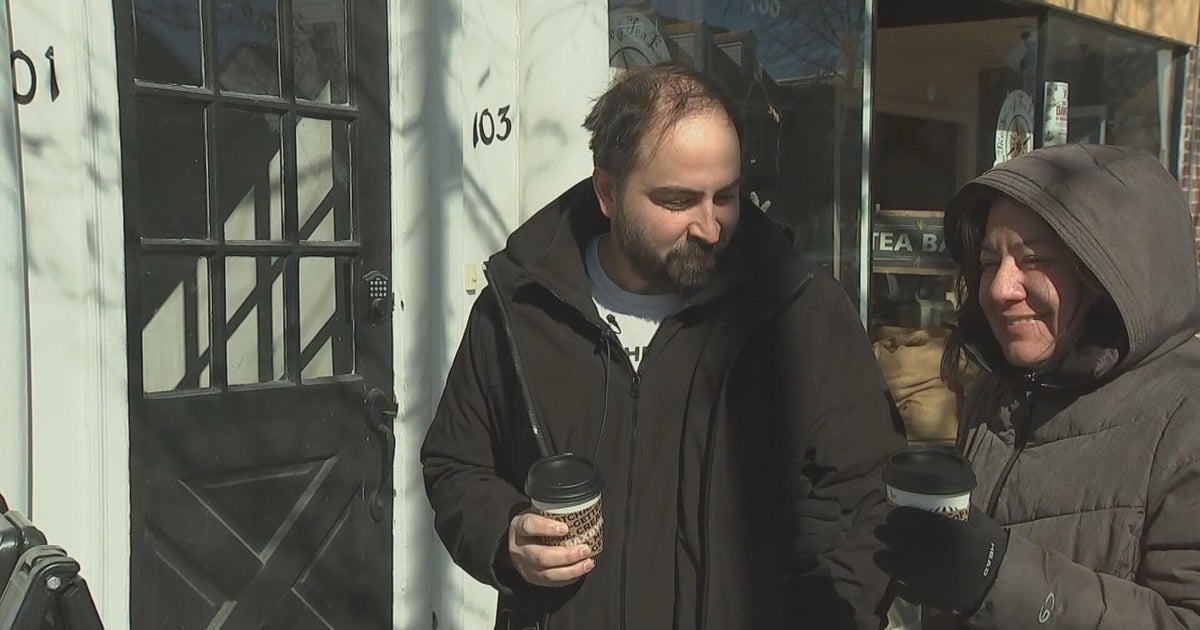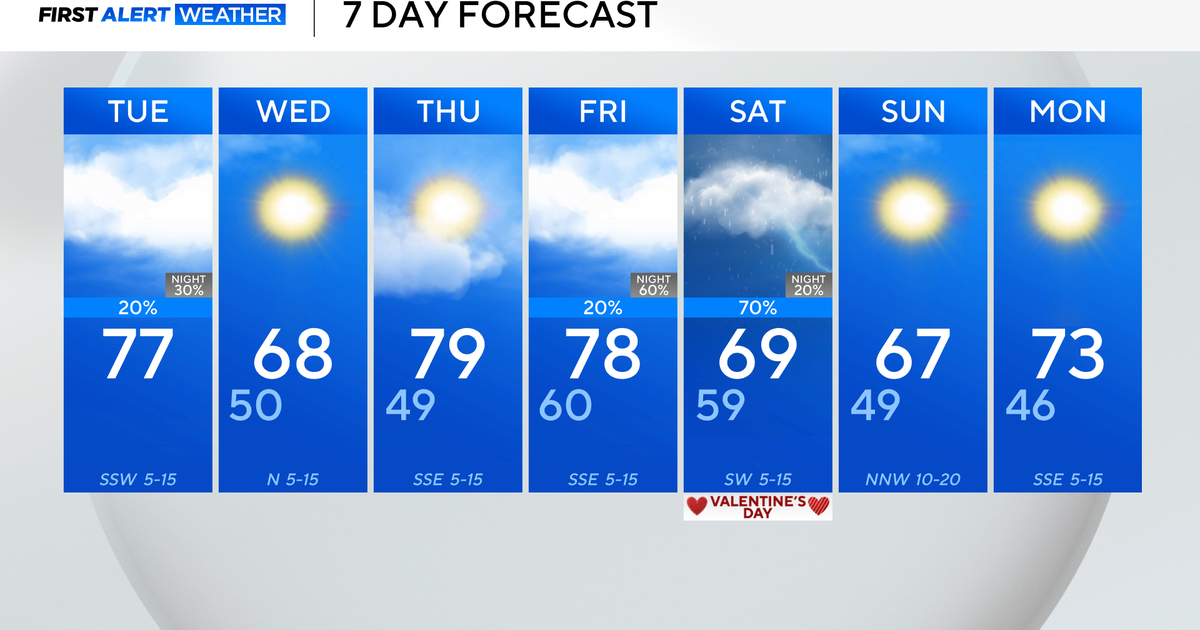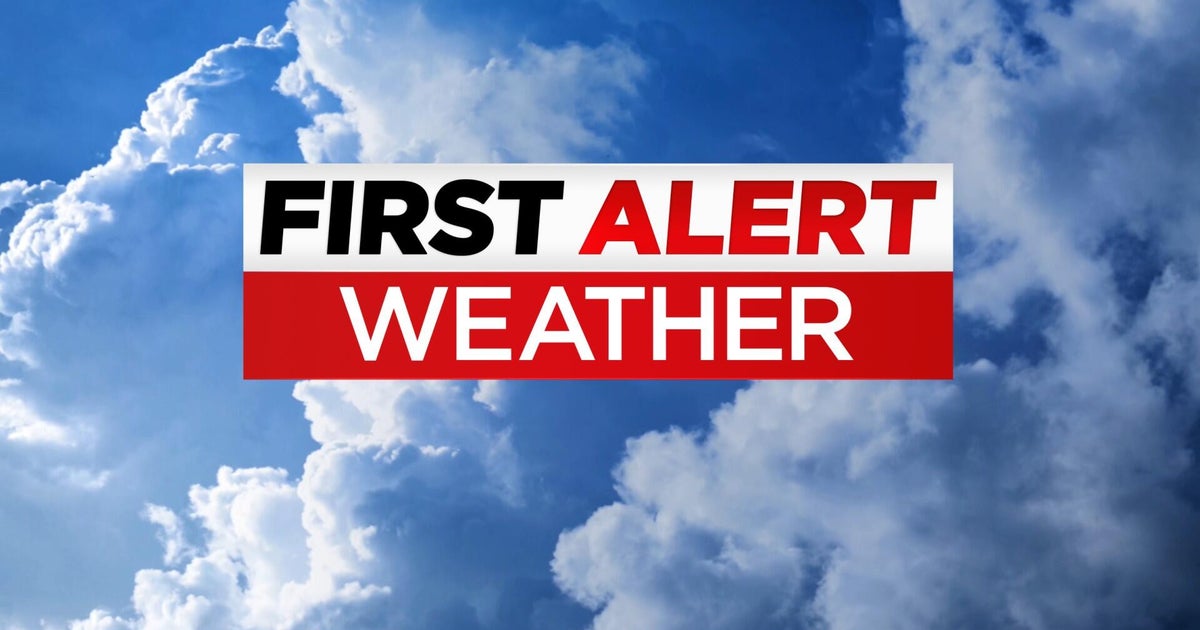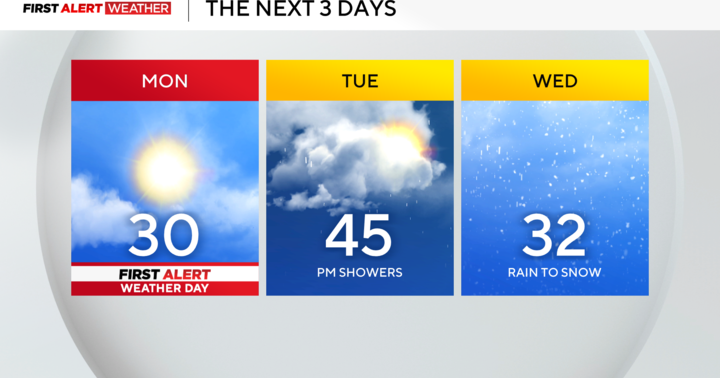Here's how to prepare your home for winter weather
NORTH TEXAS (CBSDFW.COM) – Below freezing temperatures and icy conditions can wreak havoc on a home's heating system, plumbing, or exterior features, but there are steps you can take to reduce your risk of winter damage.
First, know where your water shut off valve is so you can quickly turn your water off in case of an emergency, like a frozen pipe that bursts.
To prevent them from freezing in the first place, make sure all outside pipes and faucets are insulated and covered.
"If you don't do that, then of course the pipes can freeze," said David Butler, a master plumber with Milestone Home Service Co. "And if the pipe bursts, you're talking about a major flood in the home. That's not what anybody wants. And the thing is, no matter how fast you can shut your water off, there's going to be a tremendous amount of water that gets into the house before you can get it shut off."
Inside your home, let your faucets drip and open the cabinets to let the warm air circulate underneath.
"We want to have all of this – the water trickling, the cabinets open – all until it goes above freezing," Butler said. "Once we get back above freezing, we'll be okay."
Check your exterior doors and windows too.
"If you don't have this rubber gasket at your door, you'll feel the cold air coming through," said David Wright, a manager and HVAC technician with Milestone. "It's always a good idea to put a towel under here or order a new weather stripping to keep that cold air out."
Wright says it will help your heating unit run more efficiently. So will replacing your air filter.
"Make sure there's nothing clogged in it," Wright said. "Dirt, debris might block this filter which would cause this unit to run harder and also not put out as much hot air."
Investing in better insulation in your attic could help you in the long term as well.
"It saves you money in the winter and it saves you money in the summer, because it helps keep your house at whatever temperature you want it at," he said.
Wright recommends keeping the thermostat between 68 and 70 degrees right now to avoid overloading the grid.
